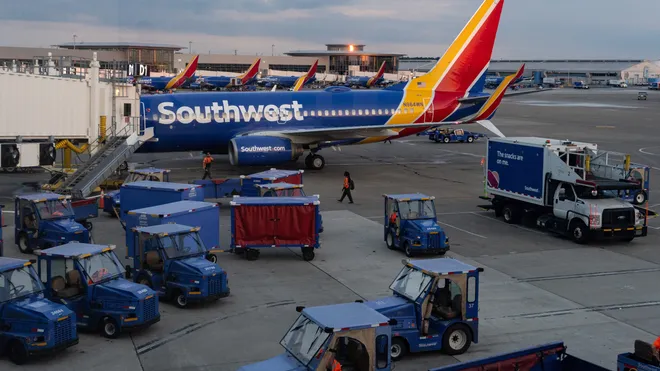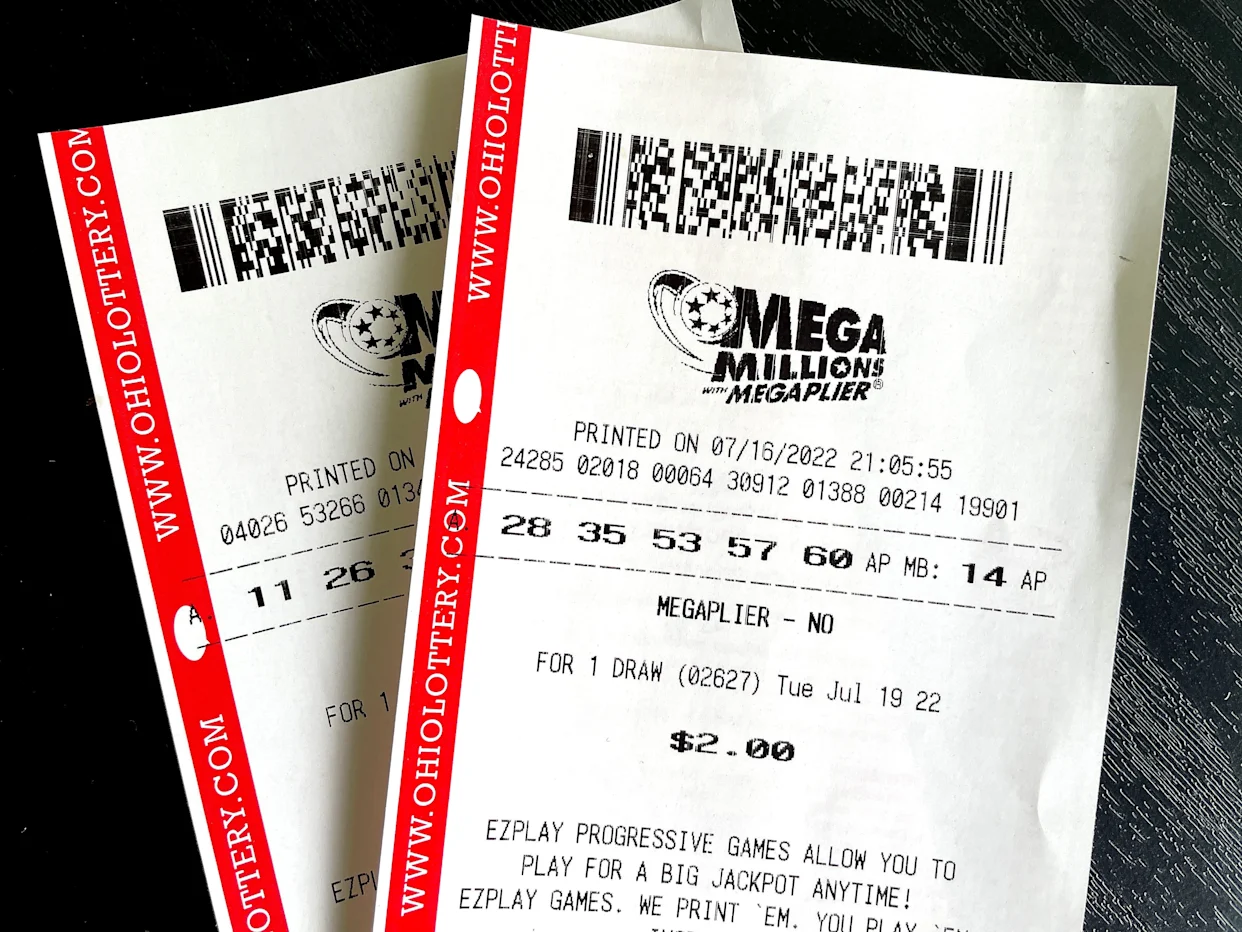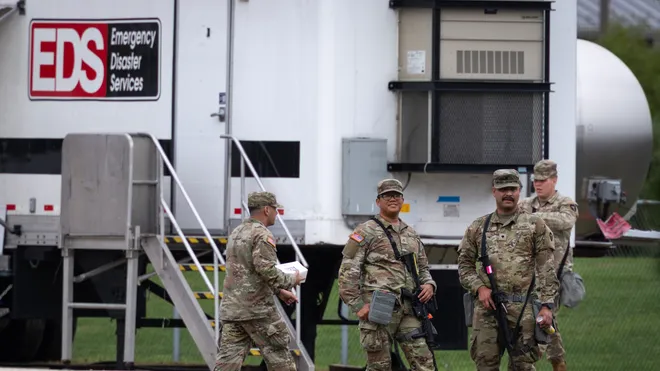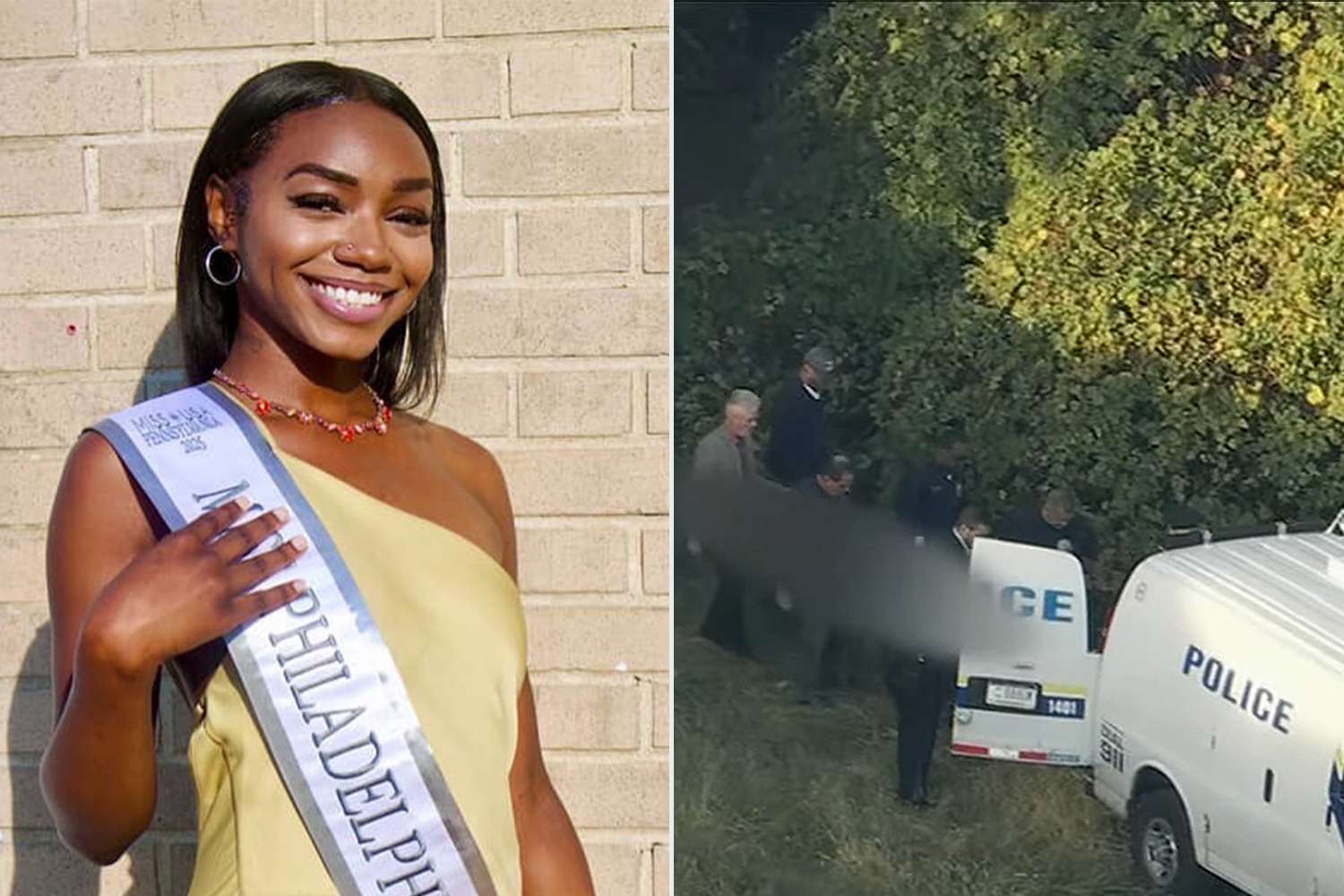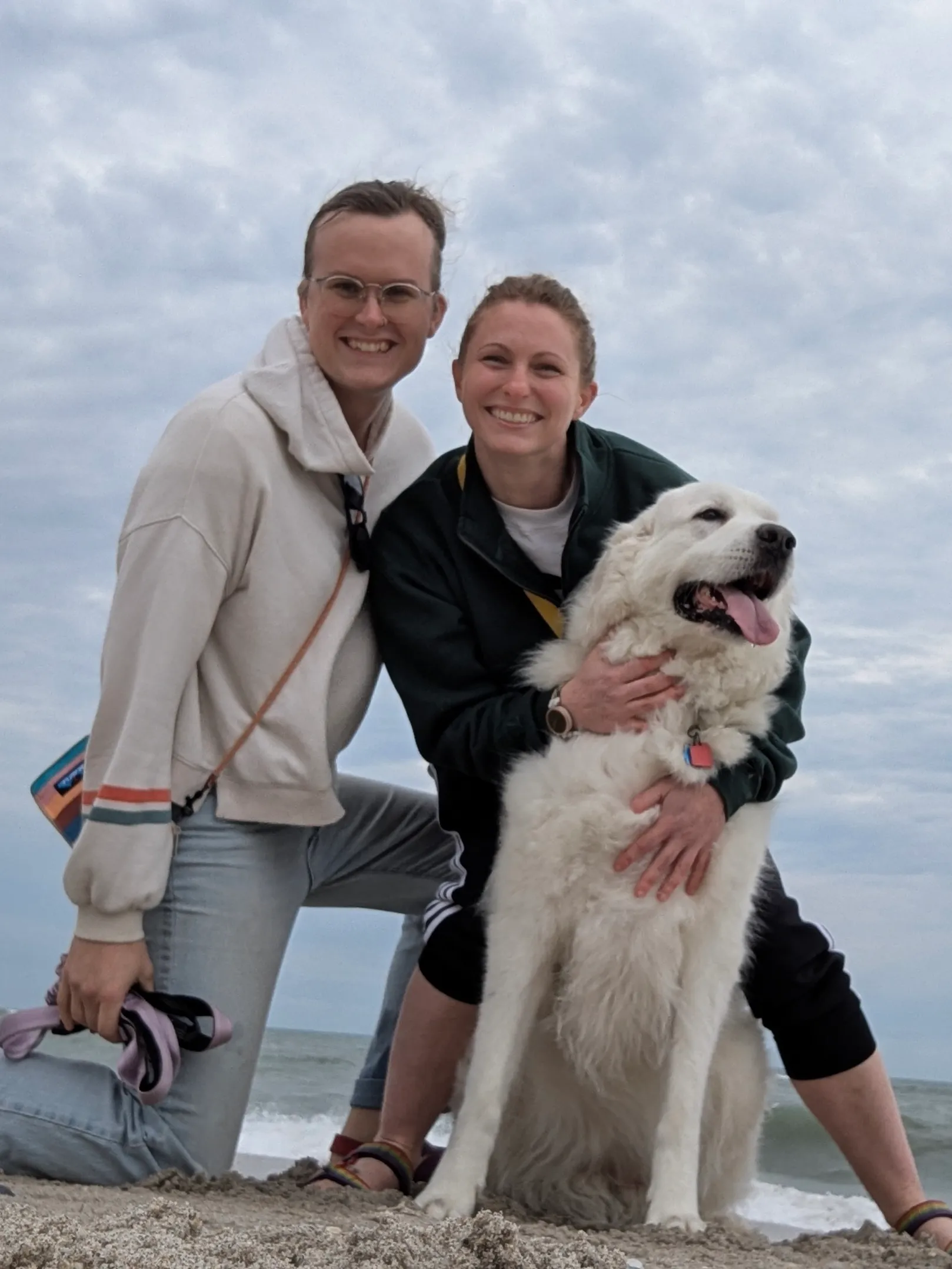
For many LGBTQ individuals living in or traveling through the U.S. South, daily life can feel like walking a tightrope—torn between vibrant, welcoming communities and deeply rooted conservative values. Despite progress in national LGBTQ rights, the South remains a complex patchwork of experiences. Some cities, like Atlanta, New Orleans, and Austin, offer thriving queer culture and support systems. But outside of those progressive hubs, many LGBTQ Southerners still grapple with fear, isolation, or uncertainty about how openly they can live their truth. “We don’t know how we should behave,” one nonbinary traveler recently remarked, reflecting the anxiety felt in unfamiliar or politically charged spaces. State laws limiting gender-affirming care, banning certain LGBTQ discussions in schools, or targeting drag performances only add to the tension. And yet, across the South, resistance is growing—led by local LGBTQ activists, inclusive churches, and grassroots pride efforts. The question of whether the South is LGBTQ-friendly doesn’t have a simple yes or no answer—it depends on where you go, who you are, and how loud your voice dares to be.

